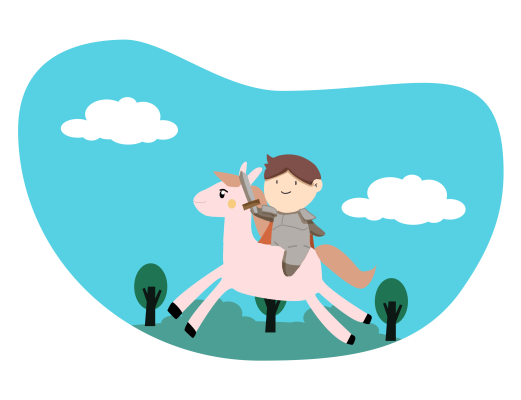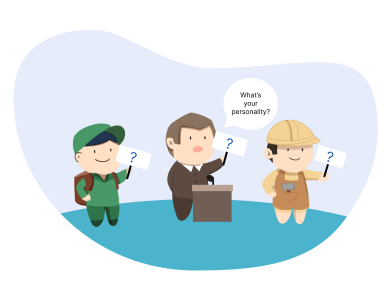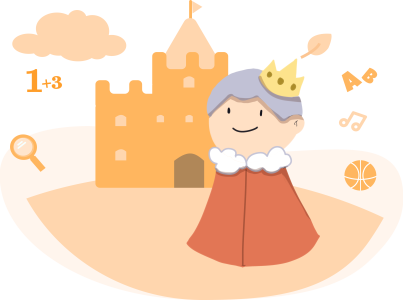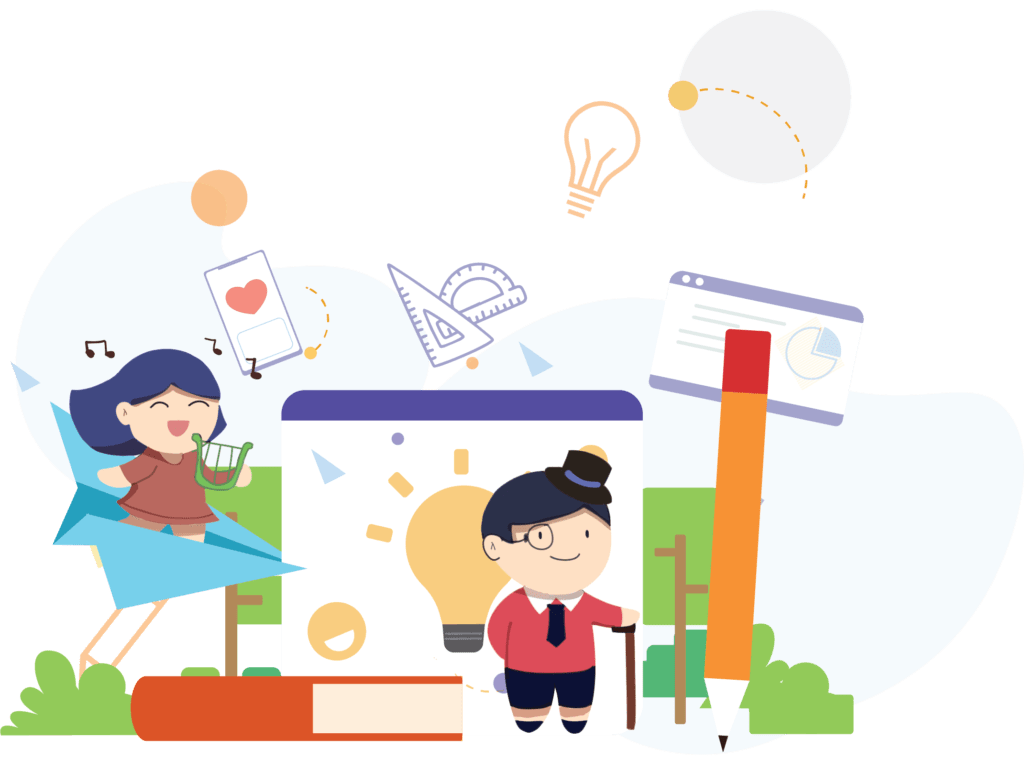The study of children’s psychological development is one topic in psychology. This subfield studies how children’s minds and actions change from infancy through puberty. In this article, you will learn more about the meaning, importance, tips and areas of child psychology.
What is Child Psychology?
Child psychology is the study of how and why children’s minds and personalities change and grow from infancy through adolescence, as well as how and why these changes and variations occur from kid to kid. It is also called developmental psychology, and it is sometimes put in the same group as the study of children, adults, and old people.
Like most people, you probably consider internal elements like genetics and personality traits when contemplating how a child develops. However, there is a lot more to development than just internal factors. Relationships with other people and the society in which we live are two examples of environmental factors that have a big effect on our lives.
Child psychology examines not only how children grow physically but also how they learn, feel, and interact with other people.
Areas of Child Psychology

Child psychology studies the interaction of areas of development:
Physical Development
The stages of a child’s physical development are typically predictable. A child psychologist can help your pediatrician monitor your child’s physical development by looking for consistent progress toward developmental milestones such as when your child first raises his head, rolls over, crawls, walks, and runs. Severe delays in physical development may be signs of other problems that haven’t been found yet, so they can be found early and treated.
Cognitive Development
In the past few years, doctors have learned a lot more about how children’s brains grow and develop. This has led to the discovery that even babies are aware of and interested in their surroundings.
When we talk about a child’s cognitive development, we’re talking about his or her capacity to learn and think abstractly and creatively, as well as to take in and make sense of the world around them, to acquire and use language, to remember information, to make choices and solve problems, to use his or her imagination, and to reason logically and methodically.
Emotional Development (Social)
Young children show their emotional development through the expression of basic feelings like fear, joy, anger, and sadness, and this is true throughout all stages of a child’s development, including the earliest stages of emotional and social growth. Trust, optimism, guilt, and pride are among the more nuanced feelings that arise as it matures. Empathy is an important part of a child’s emotional growth, but it can be hard to learn how to control and express one’s own feelings in a healthy way.
Facilitating kids’ self-awareness is a potent tool for shaping their present and future emotional health. What a child feels, how he interprets those sensations, and how he communicates them all have a significant bearing on his social interactions. The term “social development” refers to the process by which a kid learns to interact appropriately with others, including their parents, friends, adults, and even animals. His or her early relationships have a significant impact on the social skills he or she learns as he or she grows older.
Why is Child Psychology important?
Every parent hopes their children grow and develop normally, but sometimes it’s hard to tell if their symptoms reflect a typical developmental stage or something more serious. Parents can help their kids reach their full potential at each stage of development by understanding normal and abnormal psychological patterns.
Child psychologists can also prevent, evaluate, and diagnose developmental delays or disorders like autism. They can also find and treat common behavioral problems like learning disabilities, hyperactivity, or anxiety.
Tips to better understand your child’s psychology
According to famous child psychologist Jean Piaget, “the child is born neither good nor bad, but the owner of his future,” both from an ethical and an intellectual perspective.
For a child’s emotional well-being and development, nothing compares to having a consistent adult presence in their life who can listen and empathize with their feelings. Some fundamentals from the field of the child psychology that should help you connect with and understand kids better:
Observe your children.
Pay attention to your children and take note of their actions, facial expressions, and attitudes as they eat, sleep, and play; this is one of the simplest and most efficient ways to learn about child psychology. Avoid comparing your child to others, as doing so not only raises parental stress but also sends the message that your child isn’t good enough on his own.
Spend quality time with your children.
Most parents today must balance their job and family responsibilities. If you have been spending time with your child by watching TV while doing other things, or “multitasking,” as they call it, it’s time to switch things up. Time spent at the dinner table or in the car on the way to and from school might not be enough; parents also need to make an effort to engage in meaningful conversation and play with their kids in order to gain insight into their minds. Conversations with them provide you insight into their daily lives at school and at home, their tastes in music and television, and what interests them and what doesn’t.
Spending time with someone doesn’t have to involve a lot of words or activities; you may learn a lot about their character just by watching them.
Mind your kid’s surroundings.
Since a child’s personality and perspective are heavily influenced by their environment, it’s crucial to look into their immediate surroundings if you want to learn more about them. The link shows how important the family environment is because it has the most effect on a child’s brain development, which in turn has a big effect on the child’s language and thinking skills.
Because of how influential the people in your life are, it’s important to evaluate your home and school environments to see if they promote positive or negative behaviors in you. For instance, if your child suddenly starts acting out aggressively or withdrawing from friends, you may wonder what or who the cause might be.
Learn how a child’s mind develops.
While parents may be familiar with their children’s physical characteristics, they may not be as knowledgeable about the brain’s internal workings and how experiences form the brain, and in turn, the way the brain responds to varying stimuli. Learn more about a child’s behavior, decision-making, social, logical, and cognitive abilities by studying how their brain develops.
Negative reactions to traumatic events can become deeply embedded in one’s mind and interfere with one’s overall development.
Take the time to hear the stories your kids have to tell.
When having a conversation with your child, it’s crucial to both get him talking and listen to what he has to say. It’s important to pay attention to the words children use as well as their body language if you want to understand what they’re trying to say, as they may have trouble finding the right words themselves.
Ask your children the right question.
Asking the proper questions might encourage your child to open up and share their thoughts. Asking the child open-ended questions to begin a conversation is a great way to get them talking.
If you want to get her opinion on the song without getting a yes or no answer, you should ask, “What do you think of this song?” That will give her more room to elaborate. Ask them what they played instead of who they played with, and let them explain it in detail without interrupting them.
Do not try to avoid answering your child’s inquiries either. The best thing to do if you don’t know the answer to a question asked by your child is to pull over and come back with the information later.
Learn about the stages of child growth.
It’s important to keep an eye on your child by keeping up with their development through the many phases of childhood. Learn as much as you can about psychology and growth by reading books, checking out internet resources, and consulting experts. Anything can look fine or wrong when you don’t know what to expect.
Don’t make any assumptions.
Don’t make any broad assumptions about your kid’s wants or feelings. You assume he is a wonderful father because your son is polite and calm in public. If he doesn’t complain, you assume he is happy.
Assumptions prevent you from knowing your kids well and making good decisions for them; questioning them directly should clear up any confusion.
Takeaways
Child psychology is a vast and in-depth field because uncovering the mysteries of childhood is no easy task. The intention of this article is to discover more about the ways in which children are shaped by their environment and to apply that knowledge to bettering parenting, education, child care, psychotherapy, and other fields that aim to help children.
Parents and educators can better support the children in their care if they have a clear understanding of how kids develop cognitively and emotionally.







